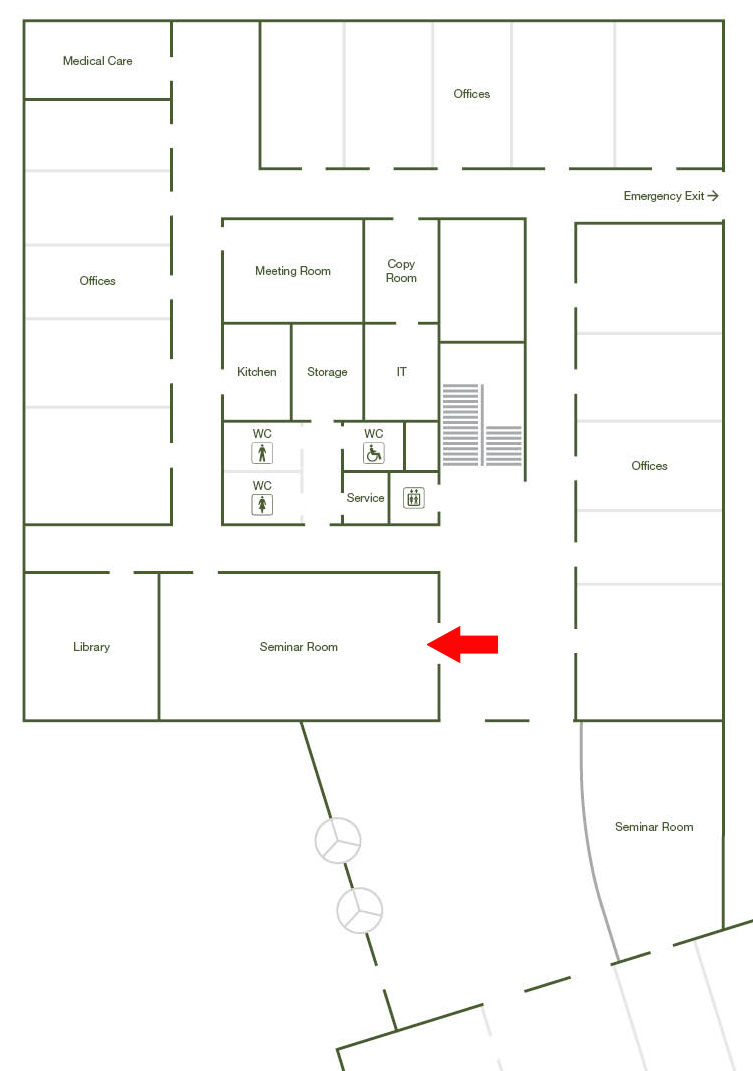Quantum seminar: Cavity QED with Spin Qubits
Date
Tuesday, March 26, 2019 11:30 - 12:30
Speaker
Guido Burkard (University of Konstanz)
Location
Big Seminar room Ground floor / Office Bldg West (I21.EG.101)
Series
Seminar/Talk
Tags
Physical Sciences Seminar, physics_seminar_ics, quantum_seminar_ics
Host
Georgios Katsaros
Contact

This talk will highlight several recent advances related to spin-based quantum information processing from a theoretical perspective, including the impact of new material systems, electric spin control, and the coupling of individual spins to the quantized field of a superconducting microwave resonator. We discuss the importance of spin-charge hybridization for spin qubit control and measurement, and present several different examples. Recently, electric spin control using synthetic spin-orbit coupling due to magnetic field gradients in combination with the exchange coupling has allowed for electrically controlled one- and two-qubit gates for spins in silicon quantum dots [1,2,3]. An alternative approach to all-electric control of spin qubits consists in the use of multi-spin qubits consisting of more than one electron, such as the singlet-triplet, exchange-only, resonant-exchange qubits (see [4] for a review), as well as quadrupolar qubits [5]. The development of superconducting coplanar waveguide resonators has provided new opportunities for coupling spin qubits over long distances [6,7] which have come into the reach of experimental feasibility with the recent achievement of the strong-coupling regime in spin-cavity quantum electrodynamics (QED) [8,9].